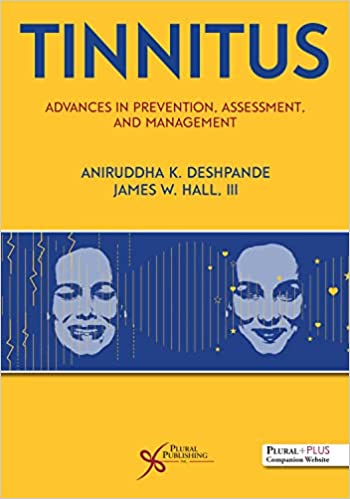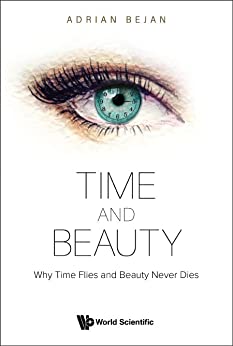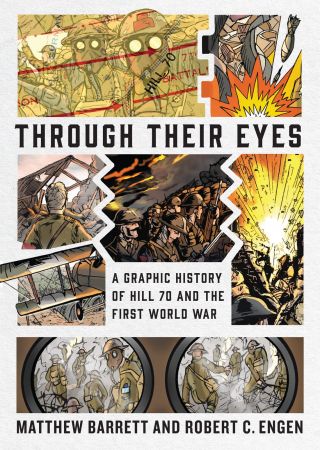
 |
 English | 2022 | ISBN: 3031065115 | 316 pages | True PDF EPUB | 26.64 MB The current book is focussed on the Toll-like receptors (TLRs), which are the first pattern recognition receptors (PRRs) discovered in humans. For example, TLR4 was first recognized in humans in 1997 as a PRR recognizing the Gram-negative bacterial lipopolysaccharide (LPS). This discovery revolutionized the field of innate immunity and filled the long-standing gap in the pathogen recognition by the immune system. Now, it is well established that humans have 10 (TLR1-TLR10) and mice have 12 (TLR1-TLR13) functional TLRs, excluding TLR10 that is present as a defective pseudogene. TLRs are present as both membrane-bound extracellular (TLR1, TLR2, TLR4, TLR5, TLR6, and TLR10) and intracellular (TLR3, TLR7, TLR8, and TLR9) PRRs in humans, which identify different pathogen or microbe-associated molecular patterns (PAMPs or MAMPs) and death or damage-associated molecular patterns (DAMPs) released by the host cells. A lot of development in the TLR biology has occurred in last 24 years since there first discovery in humans. The book is intended to describe their role in the host defence, human reproduction, non-infectious sterile inflammatory conditions, including brain immunity and cerebrovascular diseases, signaling mechanisms, adaptive immunity, and their targeting for drug development.  English | 2022 | ISBN: 1641583169 | 180 pages | True EPUB | 3.56 MB Are you lonely? Do you struggle to find the real friends you long for? Here is your invitation to build lasting friendship through meaningful and intentional practices that anyone can do.  English | 2022 | ISBN: 1538105039 | 289 pages | True EPUB | 3.98 MB Written by a leading scholar, this essential introduction to the history of energy traces one of humans' most basic ecological interactions: energy exchange. From fire to agriculture, water wheels to electric dynamos, the rise in intensity led humans to define a new "high energy" existence during the twentieth century. Industrialization and consumption increased the connection between energy and economic and political power, clarifying its importance throughout the world wars and into the Cold War. To Have and Have Not reveals a world in which energy supply now defines global standing, starkly revealing the connection between history and current events that perfectly situates our modern conundrum of a future without fossil fuels. Climate change and the supply of sustainable energy now permeates our modern policy making as we bear witness to the waning years of energy borrowed from the distant past. Brian Black argues that our history of growing energy reliance and past transitions is essential context for understanding our inevitable shift to cleaner energy. Placing this story within the current, rapidly changing historical discourse, this book is timely and persuasive as it lays out our current transition from fossil fuels.  English | 2022 | ISBN: 1635503426, 978-1635503425 | 433 pages | True PDF EPUB | 47.96 MB Call to pre-order your copy: 1-858-492-1555 or 1-866-758-7251 toll free. Website orders will be accepted starting February 1, 2022.  English | 2022 | ISBN: 9811246793 | 202 pages | True PDF | 123.06 MB Time and beauty are two of our most visceral perceptions. Yet, their nature is seldom questioned. In this ground-breaking new work, Adrian Bejan — a true 'original' among physicists — explains, in a scholarly yet colorful style, the scientific basis for the perception of time and beauty.Organized into three main ideas, the book begins first with the perception of time. The author expounds on why we feel that time flies faster as we get older. Perceived time, also called 'mind time,' is different from clock time. In this context, time is another word for 'perceived change'. Next, readers will discover that beauty is appealing because beautifully-shaped images are scanned faster by two eyes. To observe our immediate surroundings and to understand them faster is highly advantageous to survival; hence, there is an underlying evolutionary advantage to our discernment for ideal ratios, shapes, and beauty at large. Finally, time and beauty are jointly understood to explain why the global pandemic had decelerated our mind time. This understanding arms us with techniques to slow down our mind time (which accelerates with age), and to create the conditions for living longer and more creatively.Scientists may have contemplated aspects of time and beauty separately. In contrast, the author submits an original and rewarding approach to understanding them together. In the process, key questions to our cognition are answered. Why does the mind 'try' to make sense of a new mental image? Why is there a natural tendency to organize a new input and mentally position it among past perceptions? Through physics, the book offers a general answer: to empower the individual with speed and clarity of thought, understanding, decision-making and movement. The same answer holds for the other disparate perceptions illustrated in this book, from time and beauty to ideas, message, shape, perspective, art, science, illusions, and dreams.  English | 2022 | ISBN: 125027446X | 368 pages | True EPUB | 25.32 MB Bob Harig'sTiger & Philprovides an in-depth chronicle of the decades-long rivalry that drove the success of golf's two biggest stars, Tiger Woods and Phil Mickelson.  English | 2022 | ISBN: 0228010578, 978-0228010579 | 347 pages | True PDF | 84.58 MB By the summer of 1917, Canadian troops had captured Vimy Ridge, but Allied offensives had stalled across many fronts of the Great War. To help break the stalemate of trench warfare, the Canadian Corps commander, Lieutenant-General Arthur Currie, was tasked with capturing Hill 70, a German stronghold near the French town of Lens. After securing the hill on 15 August, Canadian soldiers endured days of shelling, machine-gun fire, and poison gas as they repelled relentless enemy counterattacks. Through Their Eyes depicts this remarkable but costly victory in a unique way. With full-colour graphic artwork and detailed illustration, Matthew Barrett and Robert Engen picture the battle from different perspectives – Currie's strategic view at high command, a junior officer's experience at the platoon level, and the vantage points of many lesser-known Canadian soldiers who made the ultimate sacrifice. This innovative graphic history invites readers to reimagine the First World War through the eyes of those who lived it and to think more deeply about how we visualize and remember the past. Combining outstanding original art and thought-provoking commentary, Through Their Eyes uncovers the fascinating stories behind this battle while creatively expanding the ways that history is shared and represented.  English | 2021 | ISBN: 1784884715 | 159 pages | True EPUB | 62.13 MB With 60 recipes, Three Ingredient Cocktails demonstrate that all the best cocktails are made with no more than three ingredients – think martini, old fashioned and margaritas.  English | 2022 | ISBN: 0192898523, 0192898523 | 319 pages | True PDF EPUB | 2.26 MB In the hundredth year of the British Broadcasting Corporation, historian Simon J. Potter looks back over the hundred year history, asking if the BBC is really the 'voice of Britain', and what comes next for British public broadcasting.  English | 2022 | ISBN: 1770415858 | 278 pages | True PDF EPUB | 13.67 MB From the science of weather to the theory of flight, Doug Morris chats about the A to Zs of the airline world. It takes 55 departments to get an airliner off the ground and Doug brings to light all the people involved - with some entertaining anecdotes along the way. Captain Doug Morris has been writing for his airline's inflight magazine for 23 years and has answered a gamut of questions. THIS IS YOUR CAPTAIN SPEAKING will draw from his extensive experience and explain everything you ever wanted to know about airline travel: whether airliners have keys, why the bumps, what aircrew get up to on layovers, what's the deal with 'mile high memberships', how to become a pilot. It also provides entertaining anecdotes from air travel's unsung heroes - flight attendants. It's the A to Z of airline travel with a twist of humor. The flight deck door will always be closed, but Doug exposes the unique inner world of aviation to the public. |